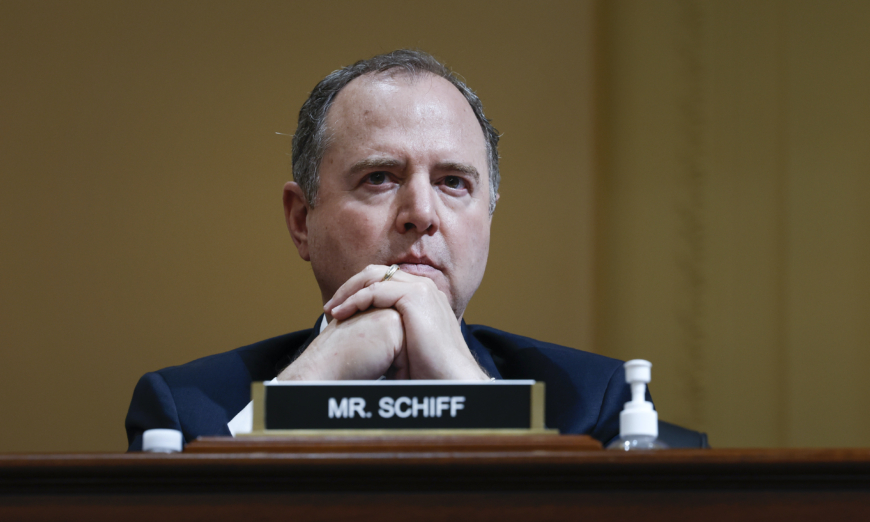Democrats dare Republicans to game of chicken with debt ceiling crisis talks
Debt Ceiling Talks: Will the US Default?
The window to avert a default on the nation’s debt is closing, but neither side is showing a willingness to cave on debt ceiling talks.
Treasury Secretary Janet Yellen sent shock waves through the Beltway on Monday by revealing the timeline to default got bumped up. Although President Joe Biden and House Speaker Kevin McCarthy (R-CA) are set to meet next week, Congress appears to be struggling to break the stalemate.
MCCARTHY AGREES TO SPEAK WITH BIDEN ON DEBT CEILING: REPORT
Biden made calls to all four congressional leaders Monday, and McCarthy agreed to sit down on May 9. The pair haven’t met since February.
Even though they finally agreed to talk, their differences remain stark. The White House has been clear that Biden won’t negotiate on hiking the debt limit, while McCarthy has insisted it be paired with spending reductions.
Now, Democrats in the Senate are beginning to talk about introducing a bill to force a clean debt limit hike despite appearing not to have 60 votes. Senate Minority Leader Mitch McConnell (R-KY) has stepped back and said he will let McCarthy take the lead in negotiations with the White House.
The Limit, Save, Grow Act, which cleared the House last week, was roundly rejected by Democrats, who appear unable to pass a debt limit bill that meets their standards of no strings attached.
Stalemate Continues
- Underlying the Democrats’ position are fears that caving to Republican demands would embolden them to leverage the debt ceiling in the future.
- Meanwhile, Republicans believe the debt ceiling shouldn’t be a rubber stamp and that now is the time to reform the country’s messy finances.
- With the exception of Sen. Joe Manchin (D-WV), members of both parties largely appear locked into their positions, with prominent Republicans declining to buck McCarthy.
The United States hit the $31.4 trillion debt limit in January, but the Treasury Department has been undertaking “extraordinary measures” to keep funds flowing. Yellen initially estimated it would last until around June 5 but expedited that projection to June 1 on Monday.
In tandem with that, the Congressional Budget Office, which previously pegged the timeline between July and September, moved its time frame up to early June.
Given the fact that budgeting for this fiscal year has leaned on considerable deficit spending, the U.S. will be unable to fund all its discretionary programs when the “extraordinary measures” run out. Of top concern is the interest on the debt.
CLICK HERE TO READ MORE FROM THE WASHINGTON EXAMINER
No one knows exactly how a default would play out, but history indicates it would be ruinous for the economy. One projection cited by RSM International in March found that a technical default could boost unemployment to 7%, and an actual one could rocket unemployment to 12% while causing over a 10% economic contraction.
" Conservative News Daily does not always share or support the views and opinions expressed here; they are just those of the writer."




